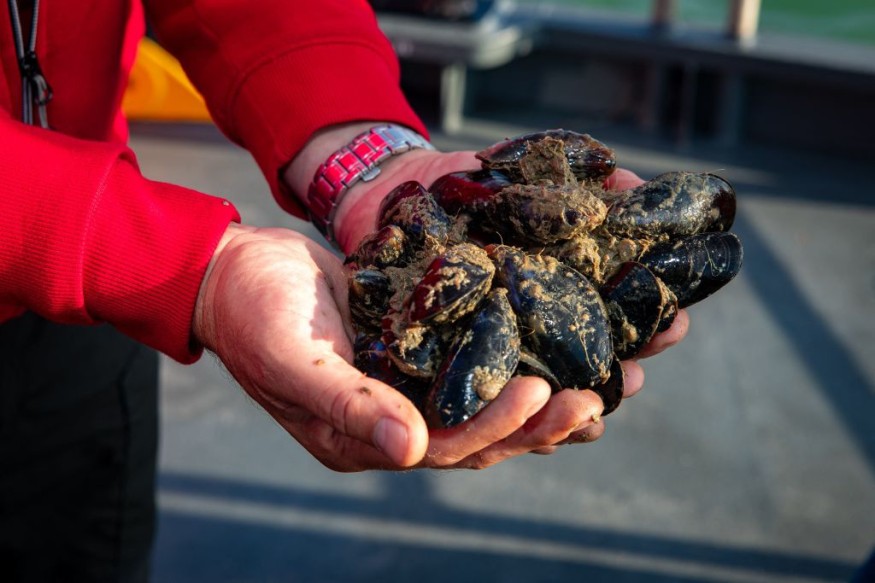Mussels can help the coast in Belgium by limiting erosion and protecting the marine biodiversity from churning waters and severe storms, according to recent reports.
The biogenic reef is helpful to protect the crucial habitats for aquatic and marine animals. Researchers explained that climate change can intensify severe to extreme storms, leaving devastating effects on coasts and communities.
In Belgium, mussels are seen with environmental importance to protect the country's coasts from erosion. Recent reports highlighted that mussels are recognized as ecosystem engineers by improving aquatic habitats.
They provide plant life and improve the water quality. They also help in attracting fish and stabilize the lake from waves and extreme impacts of weather or flooding.
Mussels are also seen as indicators of healthy oceans and water quality.
Mussels Protect Belgium's Coast From Erosion

The increasing erosions can be alarming because they can cause pollution and flooding. It also allows stream sedimentation and likely affects the fish in aquatic areas.
When the land suffers from soil erosion, it can become unsuitable for plants that are important to fight the rapid rise of temperatures and climate change.
In Belgum's North Sea Coast, researchers are looking for ways to alleviate the effects of soil erosion. Experts recognized that undersea barriers or gardens of mussels have a promising impact in the region.
Biologists will develop a larger scale of mussels that can stabilize the powerful currents in the North Sea, providing long-term and effective environmental protection.
According to reports, biologists are also thinking of using seagrass, seaworms, and seaweed to help with the area as nature's buffer zones.
With climate change problems, extreme weather events can become more frequent and alarming. The emergence of mussels, as biogenic reefs, can improve the flow of water and fight severe weather events.
Also Read : Rapid Sea Level Rise Threatens Mangroves, Tidal Marshes Due to Increasing Global Temperatures
Climate Change and Extreme Weather Events
Recently, NWN reported the effects of rapid extreme weather events, from wildfires, hurricanes, heatwaves and drought.
According to experts, climate change can worsen the impacts of weather events on communities, making it more challenging to prepare.
The climate hazard flip, from flooding to drought, will become devastating to poorer communities, especially if they lack efficient monitoring systems and preparedness.
In addition, the rapid intensification is linked to climate change. The warm waters can help with the formation of storms and hurricanes. Increasing surface temperatures can accelerate excessive rainfall and severe storms.
Meanwhile, drought can also be exacerbated due to a lack of rainfall and hotter temperatures. Prolonged drought can threaten water security for communities and animals.
Drought problems are also favorable for raging wildfires when there are strong winds and low relative humidity.
Also Read : Climate Hazard Flip: Changes in Frequent Floods, Drought Bring Devastating Impacts on Communities
Related Article: Global Impact of Extreme Weather Events: Climate Change Can Intensify Frequent Hurricanes, Drought, Wildfires
For more similar stories, don't forget to follow Nature World News.
© 2025 NatureWorldNews.com All rights reserved. Do not reproduce without permission.





